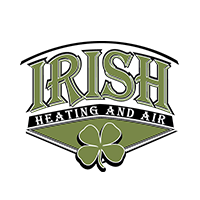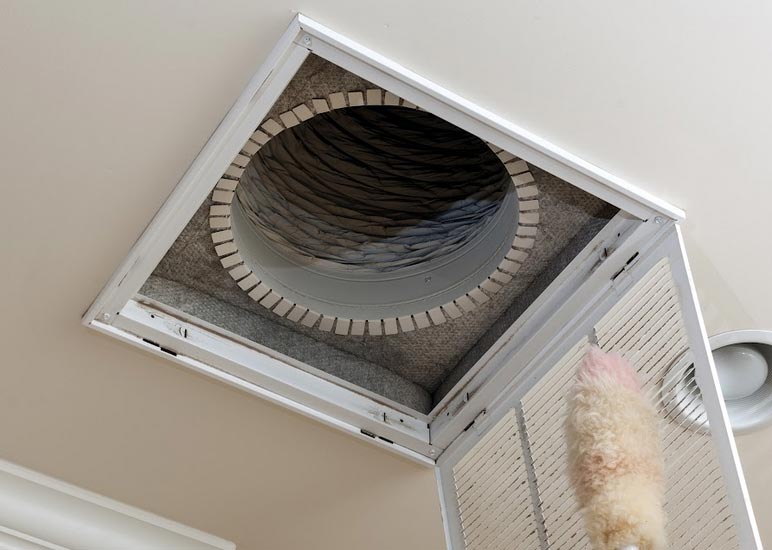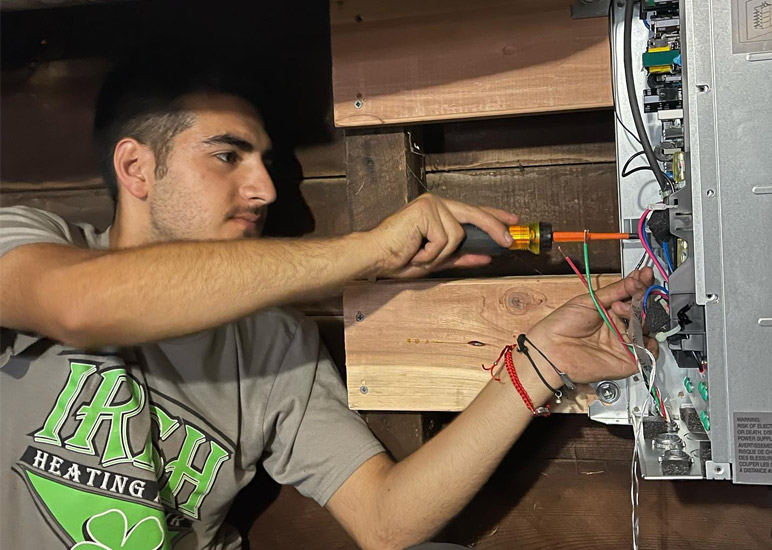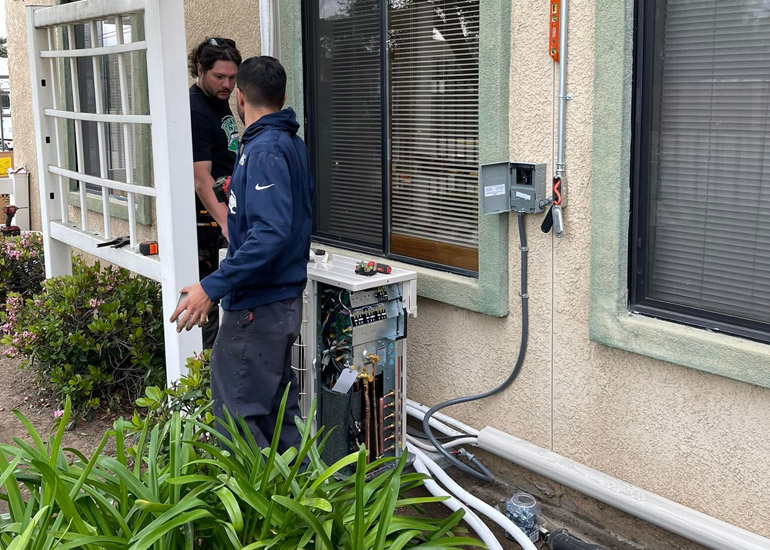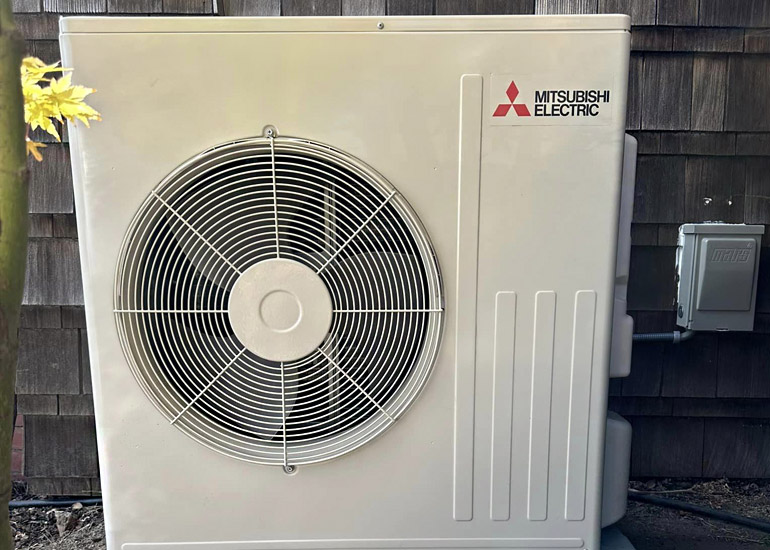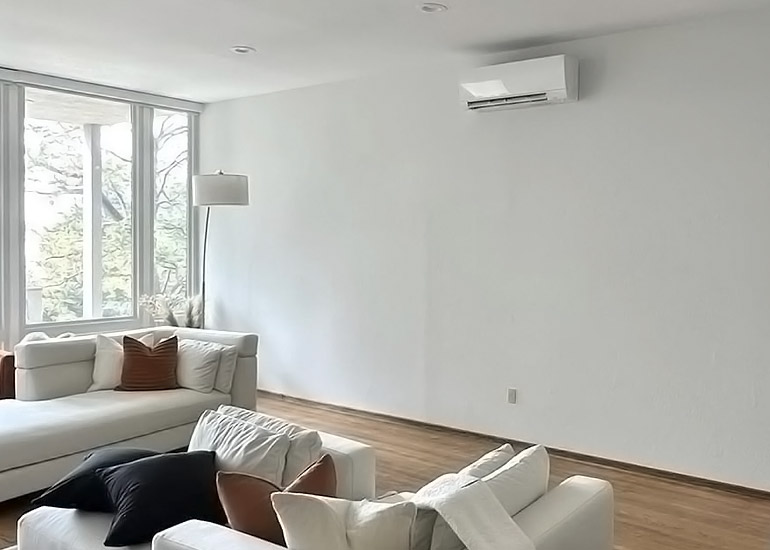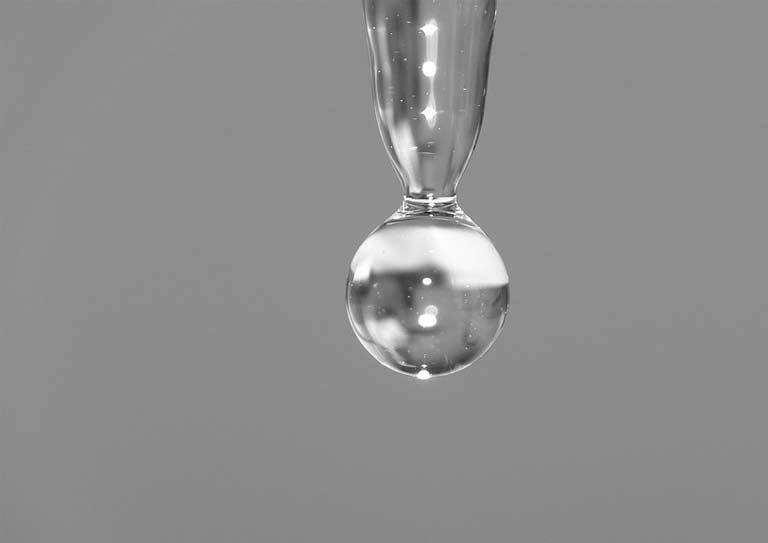
In the summer, your home’s humidity likely spikes. This is unfortunate, because high humidity makes high heat more uncomfortable, especially for seniors and children. You’re also more likely to get skin infections in high humidity. As a result, you’re liable to turn up your air conditioner and waste energy when your humidity levels are too high.
Plus, your air conditioner is either increasing or reducing your humidity. It all depends on how well your air conditioner is working. Let’s talk about how your air conditioner can reduce your humidity and signs that it may be increasing it instead.
How an Air Conditioner Should Affect Humidity
A normally functioning air conditioner removes moisture from the air as part of the cooling process. It collects heat from your air and leaves behind the moisture in the evaporator coils. That’s why your air conditioner has a drain, for the water it collects from the air. Like anything, the effectiveness of your air conditioner will decline, which is why it is important to get regular ac tune ups, if you don’t want to come home to a hot house and a broken ac unit.
On the other hand, your air conditioner may not provide enough dehumidifying if you live in a very humid climate. If you’re relatively close to the ocean, odds are you will also need a dehumidifier to get a comfortable humidity in your home. Believe it or not, even cities in the Central Valley of California, like Modesto or Stockton, are beginning to feel more and more humid.
A Broken Air Conditioner Can Do the Opposite
If your air conditioner isn’t working properly, it may not collect that water it uses to create cool air. Instead, it may drip back into your home, increasing your humidity. So, you should watch out for signs your air conditioner is broken, especially the drain and evaporator coils. These signs include:
- Dripping water from the unit
- Less cooling power than before
- Cool air seems to not go as far as it used to
- Unusual sounds coming from the unit
- Hissing sounds especially
- Frozen condensation coils
There are many other signs of a broken air conditioner. If you suspect your unit is not working as well as it should, reach out to your HVAC technician about an air conditioner repair as soon as possible.
How to Reduce Humidity in your Home
Before you start reducing humidity, find out what humidity you have. Too dry conditions can be as uncomfortable as too humid conditions, leading to dry skin and irritation. Ideal humidity for your comfort is between 35 to 50 percent. Most people prefer 45 but you might prefer things a little drier or more humid than normal.
You can purchase a hygrometer to measure your indoor humidity. Or, some smart thermostats will measure your humidity for you. If you find it’s high in the summer, as is likely, you can take these steps to reduce it:
- Use a dehumidifier
- Use a newer air conditioner that better removes moisture from the air
- Open the bathroom window briefly after showers to let humidity escape
- Check that your drier properly vents it’s moisture outdoors
- Reduce the number of household plants (if you’re a plant collector)
Some new air conditioners are better at removing moisture from the air than others. If you’re in the market for a new one, consider the Mitsubishi Ductless Air conditioner. You can position it in your house to target high humidity areas, plus it’s a powerful cooling option. Don’t
